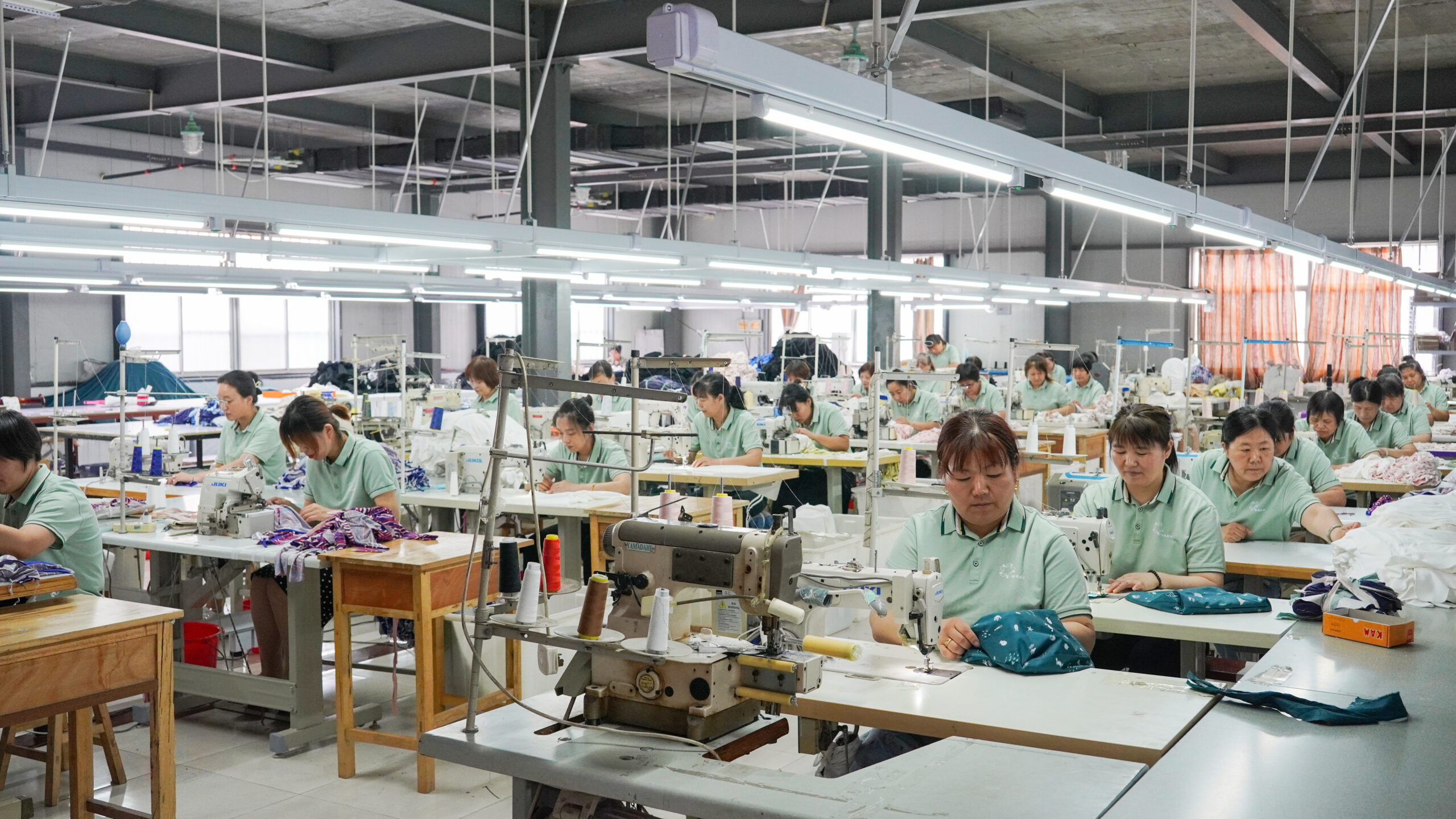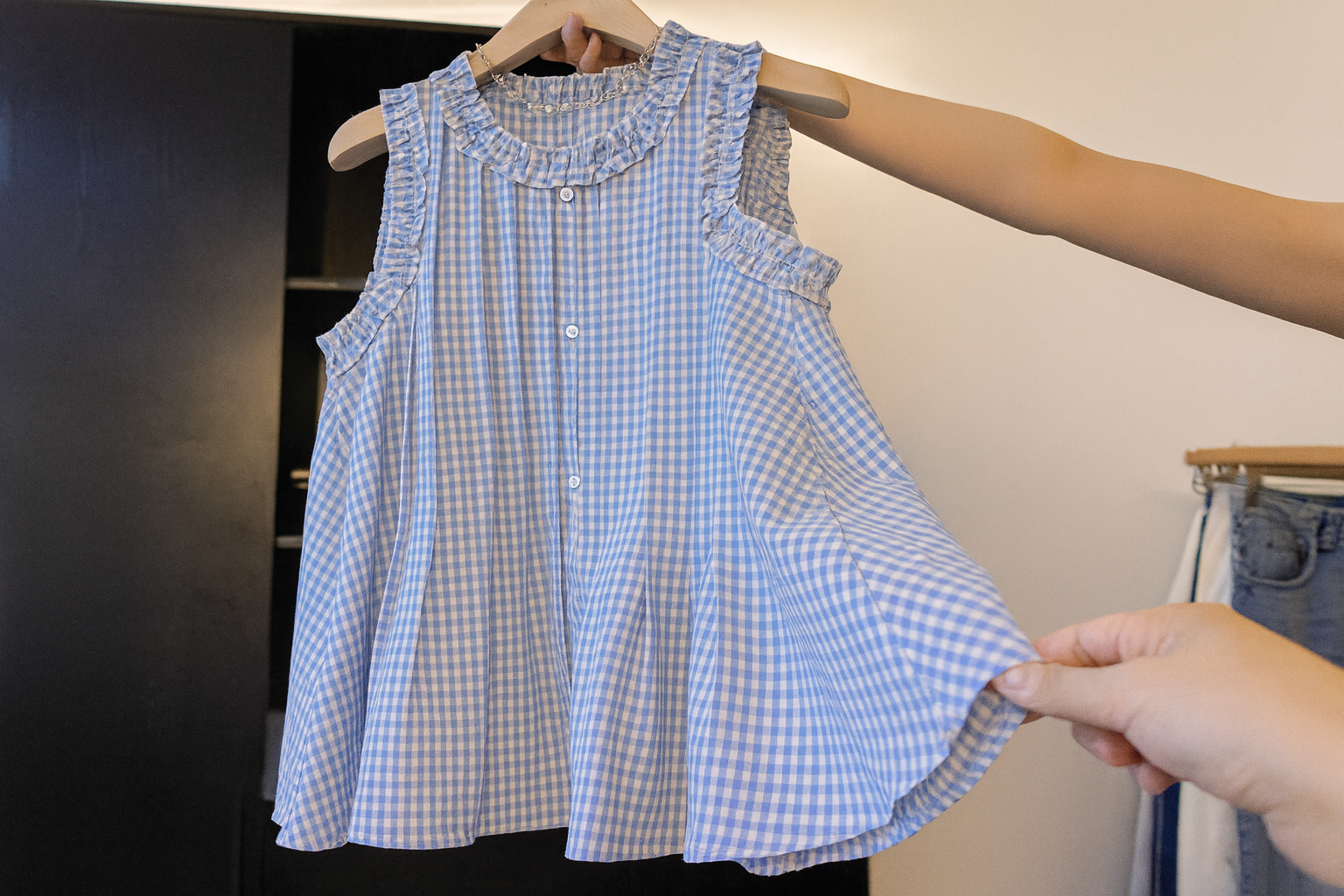I’ve worked with enough factories to know this: the good ones don’t just make clothes. They partner with you. They become that steady hand you can trust when deadlines are tight and expectations are high. A great supplier feels less like a vendor and more like a teammate.
Why are suppliers more than just factories that “make clothes”?
Suppliers who truly care bring more than production—they bring expertise, guidance, and peace of mind. They help brands navigate design decisions, avoid costly mistakes, and meet deadlines without drama. Reliable suppliers are consistent, transparent, and proactive in communication. They don’t just deliver products; they deliver trust. For growing brands, the right partner can mean the difference between surviving a season and building a long-term business.
This is why choosing a supplier is about partnership, not just price.
Why does true partnership go beyond basic manufacturing?
When you’re building a brand, you quickly realize making clothes is only half the story.
True partnerships mean suppliers step in as advisors, not just producers.
They bring industry experience, spot potential issues early, and offer smarter ways to cut costs without cutting corners. That’s what sets them apart from a factory that only “makes clothes.”
Diving deeper, I’ve seen suppliers act like mentors to small brands. They’ll explain fabric sourcing, suggest fits that actually sell, or even share market trends. That’s value you can’t measure with a unit price tag. A supplier who treats your success as their own is one you’ll want by your side for years.
Example: Guiding Beyond Production
I remember talking to a small kidswear brand that wanted to use delicate fabrics for toddler clothes. Their supplier stepped in, explained why durability mattered more, and recommended a different weave. That simple change prevented returns and saved the brand’s reputation. That’s partnership in action.
What is the value of expertise in guiding small and growing brands?
Starting small is tough. You don’t have a big design team or unlimited budget. That’s where supplier expertise becomes gold.
Suppliers with deep know-how help small brands avoid rookie mistakes.
They offer advice on fabrics, fits, certifications, and logistics—things that can make or break a first collection.
Dive deeper, and you’ll notice expertise is more than technical knowledge—it’s also about timing and experience. A seasoned supplier knows that missing a selling season can sink a small brand. So, they’ll flag bottlenecks early and help you plan better.
| Challenge small brands face | How expert suppliers help |
|---|---|
| Choosing fabrics | Suggest cost-effective yet durable options |
| Limited cash flow | Offer scalable minimum orders |
| Lack of compliance knowledge | Guide certifications like BSCI or SEDEX |
Why are consistency and reliability the foundation of trust?
Let’s be real: a late shipment can ruin everything.
Consistency and reliability are what turn suppliers into trusted partners.
When they deliver the same quality every time and meet deadlines without excuses, you sleep better at night. And trust? That builds slowly—but once you have it, it’s priceless.
Think about it this way: if a supplier gets your sizing right once, that’s good. If they get it right every single order, that’s trust. Reliability means your shelves are stocked, your customers are happy, and your brand is safe from embarrassing delays.
How does proactive communication prevent costly mistakes?
Silence can be expensive in manufacturing.
Proactive communication from suppliers saves brands from errors, delays, and wasted money.
Good suppliers don’t wait for problems to explode—they raise a flag early.
Dive into this, and you’ll see communication isn’t just about emails—it’s about mindset. A supplier who checks in, clarifies specs, and shares updates creates a safety net. They help you make better decisions, faster, and prevent the kind of mistakes that could cost thousands.
I still remember a brand that almost approved a design with the wrong fabric weight. Their supplier caught it, double-checked, and fixed it before production. That’s the power of proactive communication.
How do you build long-term success together, not just one-off orders?
One-time orders are like short-term flings. Long-term partnerships? That’s marriage.
Working long-term with a supplier creates stability, loyalty, and growth opportunities for both sides.
Suppliers invest more in you when they know you’re serious about staying. They’ll prioritize your orders, offer better terms, and even share resources that short-term buyers never see.
The best supplier relationships are built on mutual growth. The factory grows when your brand grows. It’s about building something bigger together, not just shipping boxes.
Conclusion
Suppliers who act as partners—not just factories—are the ones that help brands truly grow. They bring expertise, reliability, and trust that no price tag can replace.



